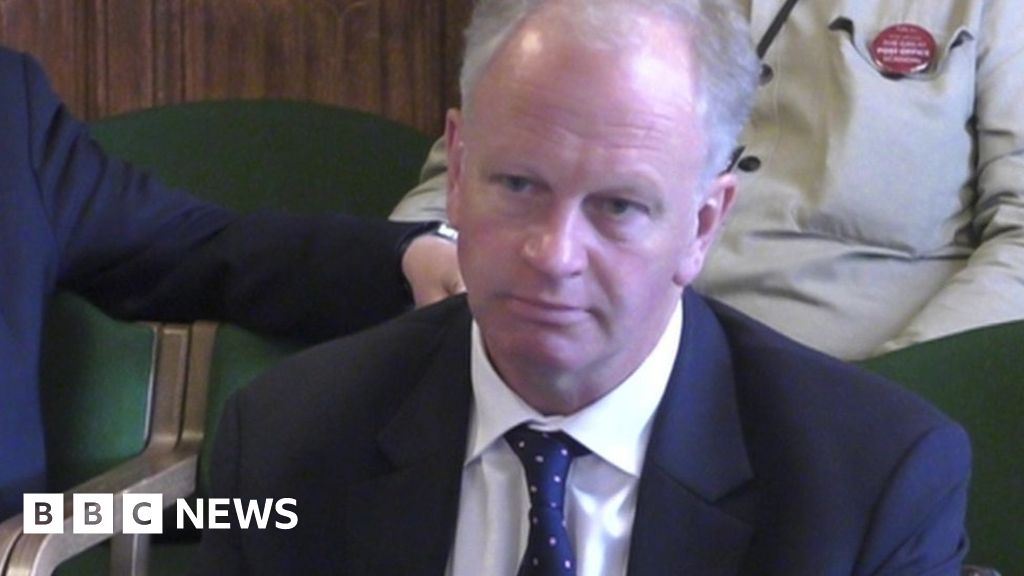- CORPGRO Newspoint
- Posts
- Post Office Bonus Repayments
Post Office Bonus Repayments

What’s the Story?
This week the press reported that the CEO of the Post Office, and 30 of 34 top executives, have repaid part of their 2022 bonus in light of the Post Office being accused of misleading the Government Inquiry into the sub-postmaster computer scandal.
The Post Office Horizon IT scandal involved the computer system generating inaccurate data which resulted in hundreds of sub-postmasters being wrongly prosecuted for theft.
In 2021, the Court of Appeal overturned 83 criminal convictions. But the process of awarding compensation to those who were incorrectly prosecuted has been slow, and many MPs have labelled this scandal one of the biggest miscarriages of justice in recent legal history.
The Post Office Executive bonuses paid were partially on the basis that all “evidence and information“ needed for the Horizon IT Inquiry to “finish in line with expectations” would be provided. However, the legal team for the inquiry challenged the Post Office’s disclosure that this matter had been “achieved“, and that challenge was agreed by the Post Office’s lawyers.

In fact, the enquiry is now in its third phase, with four phases remaining, and a projected end date likely beyond the end of 2024.
Why Does it Matter?
Senior executive incentive pay arrangements are intended to align the interests of executives with those of the corporation. Adding a bonus metric which relates to statutory compliance is both surprising and risky, undermining confidence in the principle of incentive compensation.
Furthermore, in this situation having this item as a sub metric has resulted in the CEO voluntary repayment of only £14,000 out of total bonus of £455,000 – in other words, a repayment of 3% of the bonus total.
The integrity of performance pay can be called into question when,
The link to variable performance is hard to discern
The metric is important but given a weighting that is vanishingly thin.

These matters aside, the question is whether the entire bonus should not have been paid when this important task is clearly incomplete.
Newspoint view
Statutory compliance is mandatory. It should not have been selected as an item to calibrate performance. Compliance with a formal inquiry is expected in full, it is difficult to see how out-performance can be judged.
Indeed, if non-compliance with a formal inquiry is observed, surely the outcome should be a significant hit to the total bonus outcome overall (if a bonus at all).
Aside from the muddled thinking at the outset, there is also the question whether the remuneration committee should have exercised its powers of clawback to correct a past inappropriate payment, rather than rely on voluntary repayment. Indeed, four of the executives have chosen not to voluntarily repay the bonus.
The FRC proposed changes to the UK Corporate Governance Code suggesting that Malus and Clawback powers should be revisited with a view to widening their applicability and increasing their use. Perhaps this case illustrates the need.
If an item is important but unsuited to performance calibration, the use of remuneration committee discretion is the better approach, but communicating that intention to executives at the outset is also important.
CORPGRO Helps Companies With:
Please feel free to email or call:
Damian Carnell - [email protected] +44 (0) 7989 337118
VA Bec Bostock - [email protected]
Please share this CORPGRO information with your board or your colleagues.

